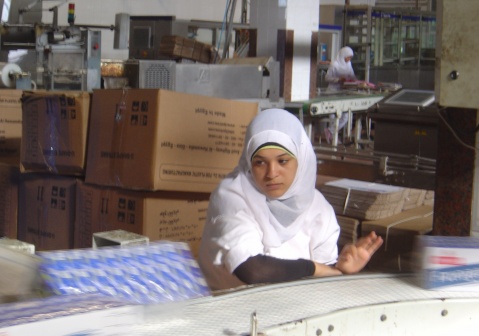
The productivity of factors of production, and in particular the professional qualifications of employees, determine a firms’ international performance (photo : F.Dubessy)
Western startups are export-oriented
For firms based in the MENA region, seniority, experience and know-how weigh-in on their ability to export. This is not the case for European companies however, which are able to position themselves internationally from the very first months of their creation. In recent years, Western companies have become aware of the strategic role played by demand for foreign markets, the cornerstone of their development.
Conversely, the technological level and the volume of foreign licenses acquired, are factors that influence the export capacity of European companies.
Femise also notes an inherent specificity of SMEs in the MENA region: “Indirect exporters may be less effective in terms of labour productivity, less innovative and more modest than those that export directly,” the report notes.
Moreover, the more MENA firms develop a wide range of products, the more they tend to export. On the other hand, there is no correlation between the nature of private or public capital, and its propensity to export on both shores of the Mediterranean.
Femise conomists encourage authorities of the southern Mediterranean countries to invest in human capital, modernize their education systems and support firms in their research and development efforts. The Femise report also highlights the need for eastern countries to further attract foreign direct investment.
The report is available for download by clicking here.
Article produced in partnership with Econostrum.
Subscribe to the Econostrum newsletter : http://www.econostrum.info/subscript

